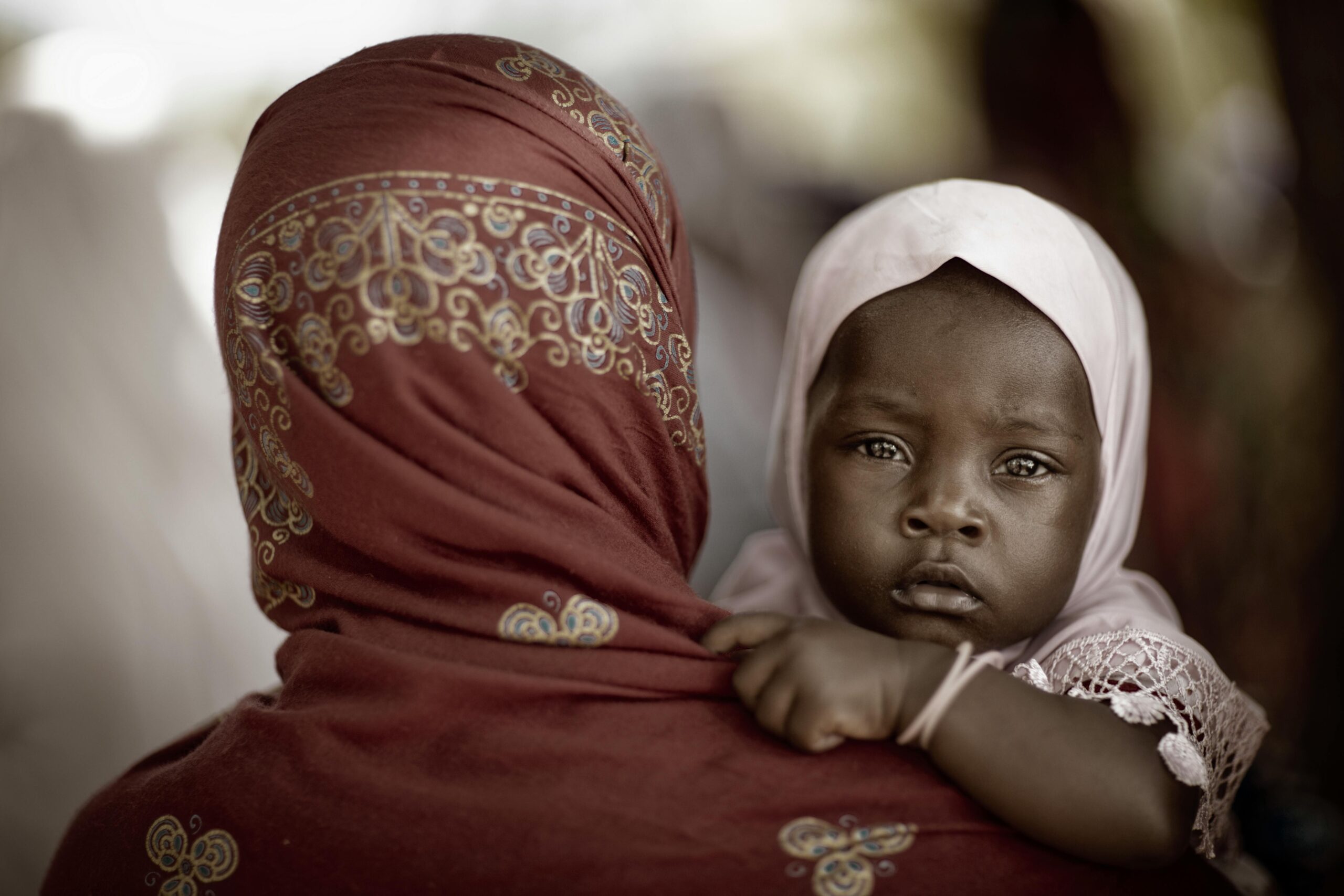Maternal and child health is a critical public health issue in Nigeria, where high maternal and infant mortality rates remain a significant concern. Despite efforts to improve healthcare services, many women and children still face challenges in accessing quality medical care. Addressing these issues is essential to reducing preventable deaths and ensuring a healthier future for Nigerian families.
Nigeria accounts for a substantial percentage of global maternal and child deaths. According to the World Health Organization (WHO), Nigeria has one of the highest maternal mortality rates in the world, with approximately 512 deaths per 100,000 live births. Similarly, the country experiences high infant mortality, with many deaths caused by preventable conditions such as birth complications, infections, and malnutrition.
Key Challenges in Maternal and Child Health
Despite medical advancements, several challenges continue to affect maternal and child health in Nigeria:
- Limited Access to Quality Healthcare: Many rural and underserved areas lack functional healthcare facilities, skilled personnel, and essential medical supplies.
- Poor Maternal Nutrition: Malnutrition during pregnancy increases the risk of complications such as low birth weight and stillbirths.
- High Cost of Medical Care: Many families cannot afford antenatal care, skilled birth attendants, or emergency obstetric services.
- Lack of Skilled Birth Attendants: A significant percentage of births occur outside health facilities, increasing the risks of maternal and neonatal complications.
- Inadequate Immunization Coverage: Preventable diseases such as measles, polio, and pneumonia continue to threaten child survival due to low vaccination rates.
- Cultural and Religious Barriers: Some communities discourage hospital deliveries and modern medical interventions, increasing maternal and infant mortality risks.
To improve health outcomes for mothers and children, Nigeria must adopt effective interventions, including:
- Expanding Healthcare Access: Establishing more primary healthcare centers and equipping existing ones with modern medical facilities and trained personnel.
- Enhancing Maternal Nutrition Programs: Providing pregnant women with essential nutrients and supplements to prevent malnutrition-related complications.
- Reducing Financial Barriers: Implementing affordable or free maternal and child healthcare services, including antenatal and postnatal care.
- Training Skilled Birth Attendants: Increasing the number of midwives and healthcare professionals to ensure safer deliveries.
- Strengthening Immunization Programs: Expanding vaccination campaigns to reach all children, especially in remote communities.
- Community Education and Advocacy: Raising awareness about the importance of maternal healthcare and promoting safe childbirth practices.
Adewumi Foundation is committed to improving maternal and child health by:
- Providing Free Health Screenings and Prenatal Care: Ensuring that pregnant women receive adequate medical attention to prevent complications.
- Supporting Child Immunization Programs: Partnering with healthcare organizations to increase vaccine coverage.
- Empowering Women with Health Education: Conducting workshops and campaigns on maternal nutrition, family planning, and safe delivery practices.
- Advocating for Policy Implementation: Engaging with policymakers to ensure maternal and child health policies are effectively enforced.
Ensuring the health and survival of mothers and children requires collective action from the government, healthcare institutions, and civil society organizations. By improving healthcare services, promoting awareness, and addressing financial barriers, Nigeria can significantly reduce maternal and infant mortality rates.
Join Adewumi Foundation in advocating for better maternal and child healthcare services. Together, we can build a healthier future for Nigerian families.

